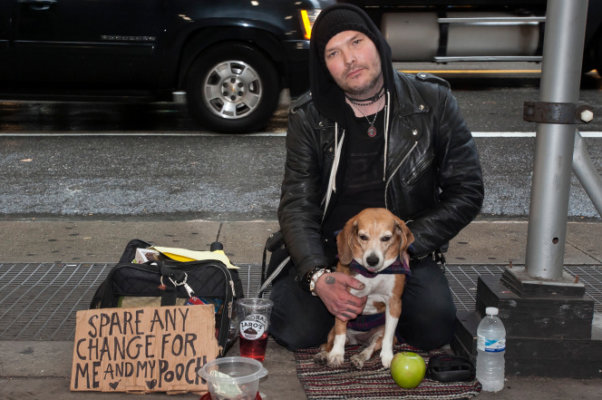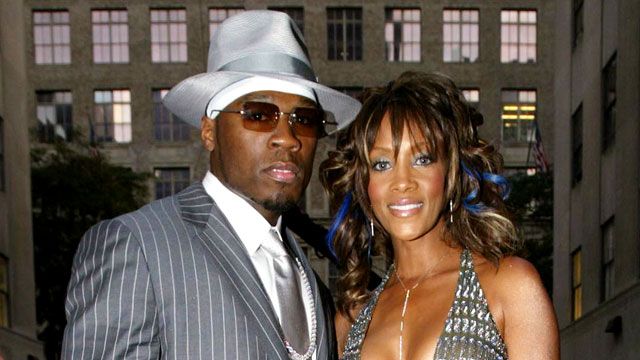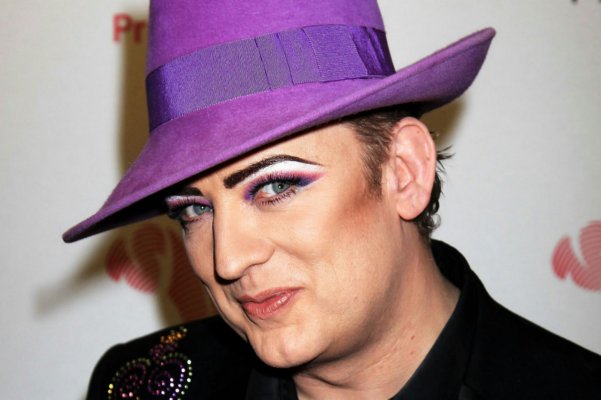It wasn’t just a club date and the start of a tour; it was also a video shoot. When Lauryn Hill performed at the Bowery Ballroom on Wednesday night, the camera swiveling over the heads of the audience suggested that the show was something more than Ms. Hill’s re-emergence after her recent three-month jail term for failing to file taxes. It was gathering the kind of material performers use to promote new releases — which, in Ms. Hill’s case, would be more than welcome.
She has extraordinary gifts. Though her voice is lower and raspier than it was when she emerged in the 1990s, she is a supercharged soul singer who stokes her songs all the way through, and her rapping is breakneck, articulate and vehement. She’s also an improvisatory, drama-building bandleader. Throughout her two-hour set, her musicians were watching for her signals; to bear down on a vamp or silence it, to unveil pretty, elaborately planned vocal counterpoint from her three backup singers or to whip up a churchy fervor.
There were some moments that seemed like an open rehearsal, but many more that had been well plotted to give old songs new life. “Lost Ones,” from 1998, arrived with two reinvented grooves, switching halfway through: first 1960s soul, then reggae. “I have to make these songs sustainable to perform,” Ms. Hill said. “You wouldn’t want me to just, like a robot, do the same thing every night.”
Yet on a larger scale, Ms. Hill has been in a holding pattern for more than a decade. After she made two albums as a member of the Fugees, she released her only solo studio album, “The Miseducation of Lauryn Hill,” in 1998; it won five Grammy Awards. It was followed by a skeletal live recording, “MTV Unplugged No. 2.0,” released in 2002, that backed new songs with only an acoustic guitar. Since then, while raising six children, Ms. Hill has toured on and off, released occasional songs online and on film soundtracks, and collaborated with rappers and R&B singers. This year, bracketing her jail term, she has released two new songs: the angry, tongue-twisting, polysyllabic raps “Neurotic Society (Compulsory Mix)” and “Consumerism,” both taking aim at greed, immorality, abuse, materialism and obliviousness.









